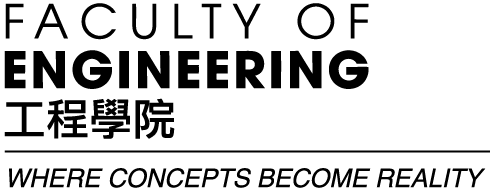Guest Speaker: Prof. WANG Haotian
Department of Chemical and Biomolecular Engineering
Rice University
Prof. WANG is an Associate Professor in the Department of Chemical and Biomolecular Engineering at Rice University. He serves the inaugural Dean Fellow for Sustainability in the School of Engineering and Computing. He obtained his PhD degree in the Department of Applied Physics at Stanford University in 2016 and his Bachelor of Science in Physics at the University of Science and Technology of China in 2011. In 2016 he received the Rowland Fellowship and began his independent research career at Harvard as a principal investigator. He was awarded the 2025 Welch Foundation Norman Hackerman Award, 2024 Asian American Academy of Science and Engineering Rising Star Award, 2021 Sloan Fellow, 2020 Packard Fellow, 2019 CIFAR Azrieli Global Scholar, 2019 Forbes 30 Under 30, highly cited researchers, etc. He serves as the associate editor of Nano Letters. He is the cofounder and chief scientist of Solidec, a carbon capture and chemicals and fuels production company. His research group has been focused on developing novel nanomaterials for energy and environmental applications including energy storage, chemical/fuel generation, and water treatment.
Abstract
Electrochemical conversion of atmospheric molecules (CO2, O2, H2O, N2) into fuels and chemicals represents a green and alternative route compared to traditional manufacturing approaches. However, its practice is currently challenged at two systematic levels: the lack of active, selective, and stable electrocatalysts for efficient and reliable chemical bond transformations, and the lack of novel catalytic reactors for practical reaction rates and efficient product separation. In this talk, using CO2 reduction to gas and liquid products and O2 reduction to hydrogen peroxide as representative reactions, I will introduce the rational design of both catalytic materials and reactors towards practical electrochemical manufacturing of fuels and chemicals.






